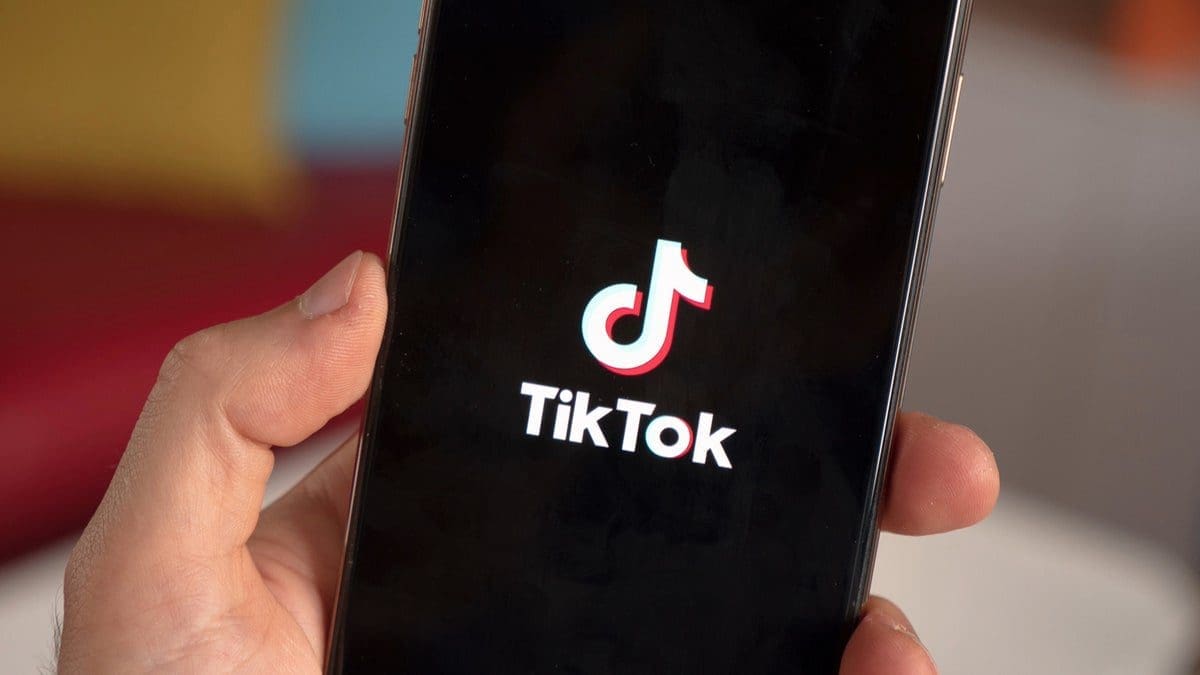For months now, TikTok, owned by the Chinese company ByteDance, has been in a legal showdown with the state of Montana. State lawmakers dropped the hammer by passing a bill to ban the app with the argument that the ban is necessary to shield residents’ data from the Chinese government, adding fuel to the national movement to kick TikTok off government-owned devices.
In a recent development, a federal judge in Montana, Donald W. Molloy, temporarily halted the statewide TikTok ban set to take effect next year. Judge Molloy emphasized Montana’s role in protecting its residents but stressed the importance of acting within constitutional legal boundaries. He granted a preliminary injunction, asserting that the ban on the Chinese-owned app likely violated the First Amendment and a clause empowering Congress to regulate commerce with foreign nations.
Judge Molloy expressed skepticism about Montana’s motivations, stating that the Legislature and attorney general seemed more focused on addressing China’s perceived involvement in TikTok than on safeguarding Montana consumers. He cautioned against the state’s intervention in foreign affairs, suggesting that it clashed with the current US foreign policy interests.
TikTok welcomed the judge’s decision, with Alex Haurek, a company spokesman, stating that the company was “pleased the judge rejected this unconstitutional law and hundreds of thousands of Montanans can continue to express themselves, earn a living, and find community on TikTok.”
Montana’s Department of Justice, represented by Emilee Cantrell, said that Judge Molloy had “indicated several times that the analysis could change as the case proceeds.” Cantrell expressed anticipation in presenting a complete legal argument to defend the law, emphasizing its role in protecting Montanans from potential data misuse by the Chinese Communist Party.
TikTok, maintaining its stance of not sharing US user data with Beijing officials, deemed the law as overly broad and unconstitutional. The company had sought the preliminary injunction, making this legal battle a focal point of attention for free speech advocates, Big Tech groups, and policymakers exploring similar restrictions in other states and at the national level.










